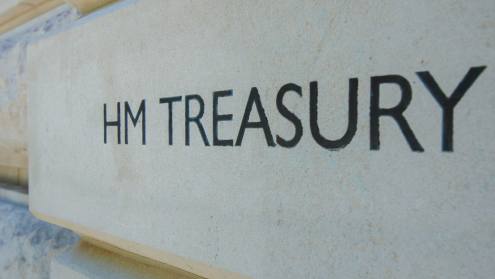When ratings agency Fitch downgraded Greece’s sovereign rating to BBB+ from A- in December 2009, the resulting 130 basis points widening in spreads on Greek government bonds served a jarring indication of the longer-term consequences of the 2008 financial crisis. Bank balance sheets have been saved – but at the expense of a rapid deterioration in public sector balance sheets.
Sovereign debt issuance rose by about one-third in 2009 and has not peaked yet. At least another 10% rise is expected in 2010, taking the total new supply to the market to about $1100bn. The greater government demand for funding in the capital markets puts the squeeze on other borrowers. “Interest rates are low today, but we estimate that when the private sector recovers, the absence of any public debt reduction would add two percentage points to interest rates worldwide,” says Carlo Cottarelli, director of the International Monetary Fund’s (IMF’s) fiscal affairs department.






